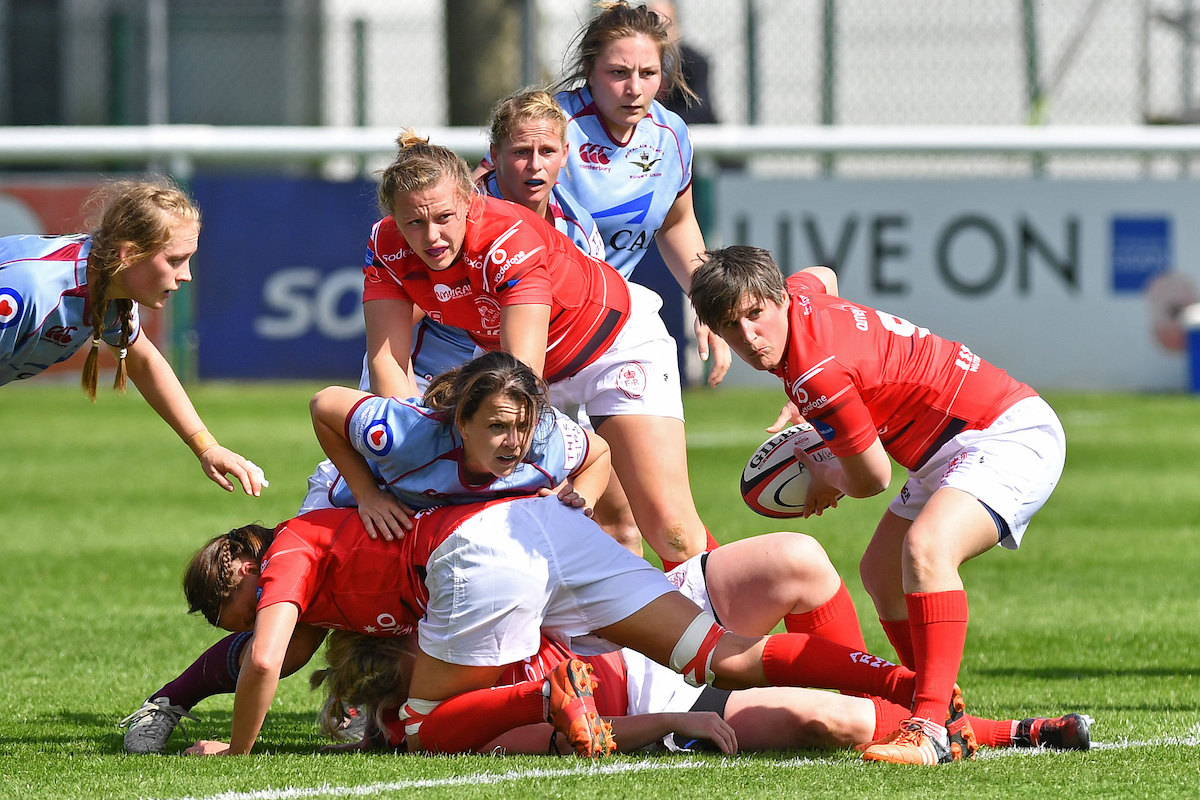Free Speech
The Uncertain Boundaries of Corporate Morality
Corporations are increasingly prone to formulating explicit moral positions on issues of social importance and punishing those who fail to condone such positions to the extent that they are able to do so.

A deeply unusual public spectacle has been playing out in Australia for a number of weeks involving a prominent rugby player, a mangled bible verse, the rugby player’s wife, a crowdfunding platform, a major bank and a health insurance fund. All the elements of a terrible joke are present, yet the core of the matter—the messy intersection of legal freedom and corporate morality—is proving to be serious.
Rugby player Israel Folau, domestic and international superstar, allegedly breached his contract with Rugby Australia by posting an adaptation of a bible verse to Instagram which suggested unrepentant homosexuals would ultimately find themselves in hell, alongside liars, adulterers, persons with tattoos, and a variety of other sinners. As a consequence of his refusal to remove the post, Folau’s lucrative contract with Rugby Australia was terminated. The legality of this decision has yet to be decided in court. The case has attracted immense interest and is already being touted as a potential landmark for freedom of religion and religious expression in the domain of Australian employment law and—to a certain extent—Australian society at large. The chairman of Rugby Australia, Cameron Clyne, went so far as to suggest that failure to take legal action against Folau would result in litigation attempts by gay employees for “not providing a workplace that is safe or respectful.” Corporations can and do take protective measures in all manner of legal domains—the question that must be asked of Rugby Australia is whether commonly held religious beliefs have become an unacceptable threat to employee safety, and if so, what legal recourse should be provided by the Australian legal system to preserve this safety.
To assist him with his legal fees, Folau established a campaign on the crowdfunding platform GoFundMe. The campaign proved to be short-lived, with GoFundMe swiftly closing it due to an apparent breach of its terms of service, specifically those related to discrimination and inclusion. Perhaps Folau should have known better than to trust an unaccountable private platform such as GoFundMe—fortunately the Australian Christian Lobby volunteered to host a fundraising page for him instead, a successful move that ultimately netted over $2 million for his upcoming legal battle.
However, Folau’s dispute with Rugby Australia and ban from GoFundMe were only the most salient and public aspects of what is proving to be an incredibly complex situation. Far less attention has been given to three seemingly unrelated parties to the whole matter, these being Folau’s wife, Maria, The Australian and New Zealand Banking Group (ANZ), and The Hospital Contributions Fund of Australia (HCF), a large health insurer. Maria Folau is a superstar athlete in her own right, playing international netball for New Zealand’s Silver Ferns and the Adelaide Thunderbirds in Australia’s domestic Super Netball league. Maria—in an act of support for her husband—posted a link to his GoFundMe page before it was taken down. ANZ, in their capacity as sponsors of the Silver Ferns, moved quickly to condemn Maria Folau’s support for her husband, stating, “We do not support the views of Silver Fern Maria Folau and have made our views known to her employer Netball NZ.” Likewise, HCF, who sponsor the Thunderbirds, offered their own condemnation, affirming that they “do not support Maria Folau’s stance” and that “there is no place in our society for discrimination of any kind, including on the basis of gender, religious belief, age, race, or sexual orientation.”
As you may have surmised from the above, Maria Folau does not currently have a contract with Rugby Australia, nor did she post anything of a biblical (or homophobic) nature to her own social media channels. Her only connection to the matter of Israel Folau’s legal fight and original social media post is the fact that she offered her husband her public support. Does that justify the wrath of two major sponsors directly involved in partnering with two separate administrative bodies controlling the sport in which she participates?

Corporations are increasingly prone to formulating explicit moral positions on issues of social importance and punishing those who fail to condone such positions to the extent that they are able to do so. The treatment of Israel Folau was predictable. However, the mechanisms by which his wife Maria has been roped into the controversy have provoked concern in their own right due to their seemingly arbitrary nature. ANZ and HCF took deliberate measures to contact the employers of Maria Folau in their corporate roles as netball sponsors, and by doing so are implying that a second-degree relation to an opinion that violates their corporate moral code exceeds the threshold they are willing to tolerate.
Corporate morality is complicated due to the various ways in which the actions and outcomes attributable to corporations are legally distinct from those of its employees. In a practical sense, a corporation is composed of employees, who may or may not hold moral views on any range of issues. When a corporation takes an explicit moral stance, their expressed view is extended (albeit weakly in many cases) to its employees—they become tacit participants in a moral position and its implications. The reverse is not true—corporations can and do restrict the acceptability of opinions employees may express in public. When certain moral opinions can be both legally permissible yet unacceptable by prevailing corporate standards, society reaches an uncomfortable impasse—how is it that Israel Folau can legally express his belief that homosexuals will go to hell and yet still lose his employment contract as a result?
Rugby Australia asserts that the grounds for Folau’s dismissal are a breach of his own contract, in which he agreed to limit his use of social media to certain content and subject matter. This claim may yet prove to be true—however, the diffusion of Folau’s transgression to encompass his wife remains a separate and troubling consideration that is yet to be resolved. The boundaries of corporate power in asserting and policing a code of moral acceptability in Australia, as elsewhere, remain to be fully understood.






